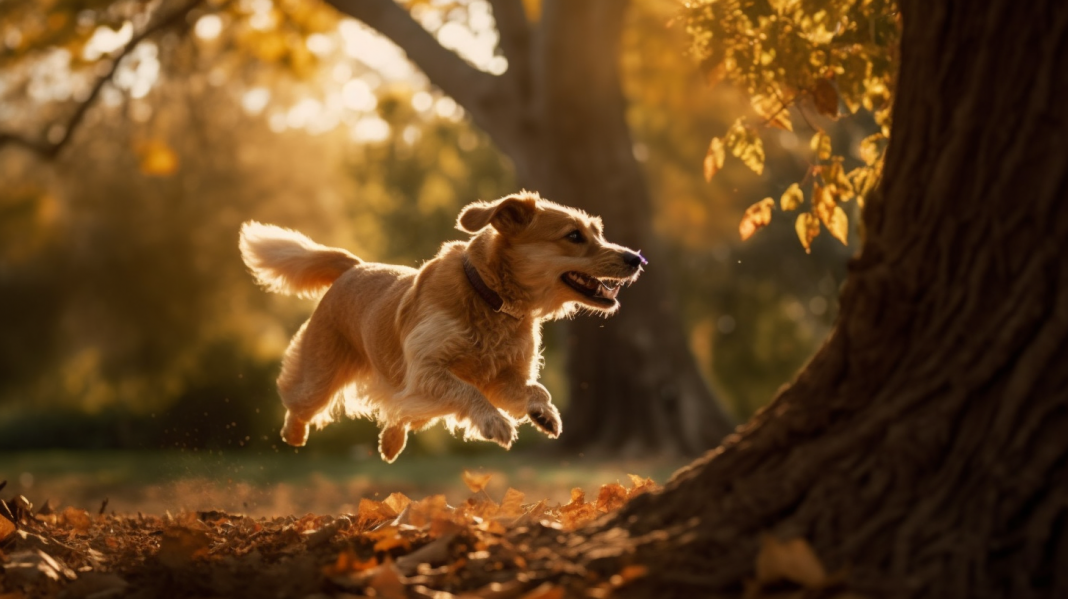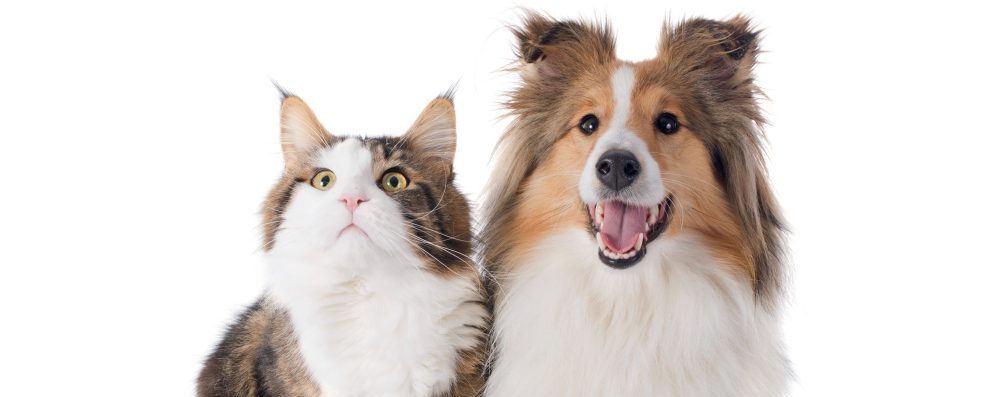Many dog owners have experienced the sight of their beloved pet fixating on a squirrel and giving chase. This behavior might be concerning, especially if you’re noticing that my puppy is being aggressive or puppy starting to get aggressive. In this article, we’ll explore four key questions related to dogs and squirrels, as well as discuss puppy training tips, aggressive puppy behavior, and good dog training.
Can My Dog Catch a Squirrel?
Natural Hunting Instincts and the Chase
Dogs are descendants of wolves and have inherited natural hunting instincts. When they see a squirrel, their predatory drive kicks in, leading to the chase. This behavior can be concerning, but it’s essential to understand that it’s different from my puppy is being aggressive or puppy starting to get aggressive, which is more about territoriality and dominance rather than hunting prey.
The Likelihood of Success
While dogs might have the instinct to chase squirrels, their success rate in actually catching one is relatively low. Squirrels are agile and quick, often able to escape to the safety of a tree or another high perch. However, a dog’s determination and physical abilities can sometimes lead to a successful catch.
What Will Happen If My Dog Eats a Squirrel?
Potential Dangers
If your dog manages to catch and eat a squirrel, several dangers may arise. Squirrels can carry diseases such as leptospirosis or rabies, which can be transmitted to your dog. Additionally, consuming a whole squirrel can cause digestive issues due to the alteration of the intestinal microbiota. Dogs are often fed monodiets, and their gut microbiota becomes adapted to the food they regularly consume. Consuming prey like a squirrel disrupts this delicate balance, leading to dysbiosis, which can cause gastrointestinal problems.
Prevention Through Good Dog Training
To prevent your dog from eating a squirrel, it’s important to implement good dog training techniques. Teaching your dog the “leave it” command can be invaluable in such situations, as it can help your dog resist the temptation to consume the squirrel.
Why Are Dogs Crazy About Squirrels?
The Thrill of the Hunt
Dogs have an innate drive to hunt, and the presence of a squirrel triggers this instinct. The excitement of the chase is exhilarating for dogs, and this can explain why they become so fixated on squirrels. It’s essential to differentiate between a dog’s natural hunting behavior and puppy starting to get aggressive or aggressive puppy behavior, which are more related to territoriality and dominance rather than the thrill of the hunt.
Managing Obsession and Reducing Aggression
To help manage your dog’s squirrel obsession, try incorporating puppy training tips such as redirecting their attention with toys or treats. Additionally, provide your dog with ample physical and mental stimulation to keep them engaged and less focused on squirrels.
How Can I Stop My Dog from Killing Squirrels?
Impulse Control and Positive Reinforcement
To prevent your dog from killing squirrels, consider teaching them impulse control through good dog training. For example, use the “stay” command to help your dog resist the urge to chase a squirrel. Implementing positive reinforcement, such as praise or treats, can also be effective in discouraging unwanted behaviors.
Addressing Instinctive Puppy Behavior
Curbing instinctive puppy behavior is crucial for maintaining a peaceful coexistence between dogs and squirrels. Training methods like obedience classes or seeking the guidance of a professional dog trainer can be helpful in addressing your dog’s instincts.
Promoting a Harmonious Relationship with Squirrels
By following the above tips and implementing good dog training techniques, you can help your dog learn to coexist with squirrels without causing harm.
The Importance of Socialization
To further manage your dog’s squirrel obsession and minimize instinctive puppy behavior, proper socialization is key. Exposing your puppy to a variety of environments, animals, and people can help them learn to cope with new situations, including encounters with squirrels. This is a vital aspect of good dog training and can be achieved through attending puppy classes, visiting dog parks, or arranging playdates with other dogs. It’s important to note that socialization should only be done after your puppy has completed their full vaccination schedule to ensure their safety and well-being.
Creating Boundaries and Safe Spaces
Another effective strategy for preventing your dog from chasing or harming squirrels is to establish boundaries and create safe spaces for both your dog and the squirrels. For instance, installing a fence around your yard can help keep your dog contained and prevent them from wandering off in pursuit of squirrels. Additionally, providing squirrel feeders or birdhouses away from your dog’s designated play area can help maintain a safe distance between the two species.
Exercise and Mental Stimulation
A well-exercised dog is less likely to display aggressive puppy behavior or focus on chasing squirrels. Regular walks, play sessions, and activities like fetch or agility training can help burn off your dog’s excess energy and reduce their fixation on squirrels. Mental stimulation is equally important, as it keeps your dog’s mind engaged and less likely to become obsessed with chasing squirrels. Providing puzzle toys, interactive games, or engaging in obedience training are excellent ways to keep your dog’s mind sharp.
Enlisting Professional Help
If you’re struggling to manage your dog or squirrel-chasing behavior despite implementing various puppy training tips, it may be time to seek the help of a professional dog trainer or behaviorist. These experts can assess your dog’s behavior and develop a personalized training plan to address the issues at hand. They can also provide guidance on good dog training techniques and help you establish a healthier relationship between your dog and squirrels.
Conclusion
Recognizing the distinction between a dog’s natural hunting behavior and aggressive puppy behavior is crucial for promoting a harmonious relationship between dogs and squirrels. By implementing good dog training techniques, addressing aggression, ensuring proper socialization after vaccination, and providing both physical and mental stimulation, you can help manage your dog’s squirrel obsession and maintain a safe environment for all. By understanding your dog’s instincts and needs, you can work together to build a healthier, more balanced relationship with the world around them.

